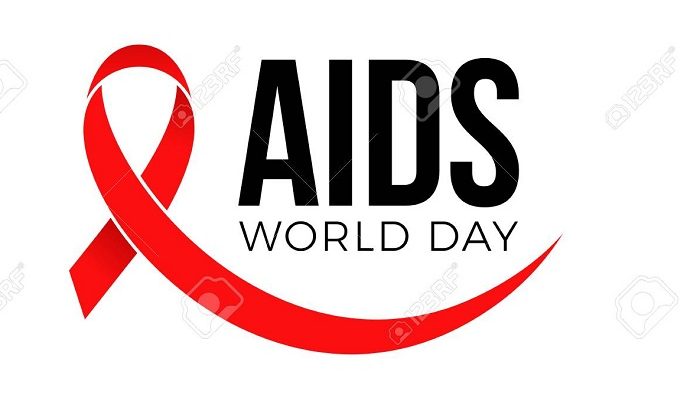A pivotal clinical trial to address a long-standing question about the relationship between hormonal contraceptive use and the risk of HIV acquisition has found no substantial difference.
The Evidence for Contraceptive Options and HIV Outcomes (ECHO) study began in December 2015, enrolling and following sexually active, HIV-negative women ages 16 to 35 years across 12 clinical trial sites in Eswatini, Kenya, South Africa, and Zambia.
The Study conducted among 7, 829 African women compared the risk of HIV acquisition among women randomised to the progestin-only depot-medroxy progesterone acetate, given by intramuscular injection (DMPA-IM); a non-hormonal copper intrauterine device (copper IUD); and a progestin-based implant containing the hormone levonorgestrel (LNG implant).
The randomised clinical trial was designed to detect a 50 percent increase in new HIV infections for each of the three contraceptive methods compared to each other method.
ECHO did not include a control group because it would have been unethical to give participants who were seeking effective contraceptive a placebo or no method.
The trial did not find a substantial difference in HIV risk among the methods evaluated.
No method showed a 50 percent increase in HIV risk compared to the other two, the report says.
“After decades of uncertainty, we finally have high-quality scientific evidence about the potential relationship between three different types of contraceptives and the risk of HIV from a rigorous randomised clinical trial,” says Wits RHI Executive Director Helen Rees, a member of the five-person ECHO Management Committee (MC) that leads the ECHO Study.
“The results of this study are reassuring, but our findings are also sobering, because they confirm unacceptably high HIV incidence among young African women irrespective of which contraceptive method they were assigned to,’ adds Prof Rees, who also serves as Personal Professor in the Department of Obstetrics and Gynaecology at the University of Witwatersrand in Johannesburg, South Africa.”
“We believe that these results support continued — and improved — access to all of the study contraceptive methods,’ says Dr Timothy Mastro, Chief Science Officer at FHI 360 in Durham, NC, USA, and an ECHO MC member.”
“Our collective experience shows that with adequate resources, provider training and support, and consistent supplies, these contraceptive methods can be provided safely and effectively at clinics in southern and East Africa. We hope that the ECHO results will be used to expand, not restrict, women’s options for contraception,” he added.
The results of this, which was conducted by a research consortium led by FHI 360, the University of Washington, Wits Reproductive Health and HIV Institute (Wits RHI) and the World Health Organization (WHO), were announced today, 13 June 2019, at the South African AIDS Conference in Durban, South Africa.
By Jamila Akweley Okertchiri


